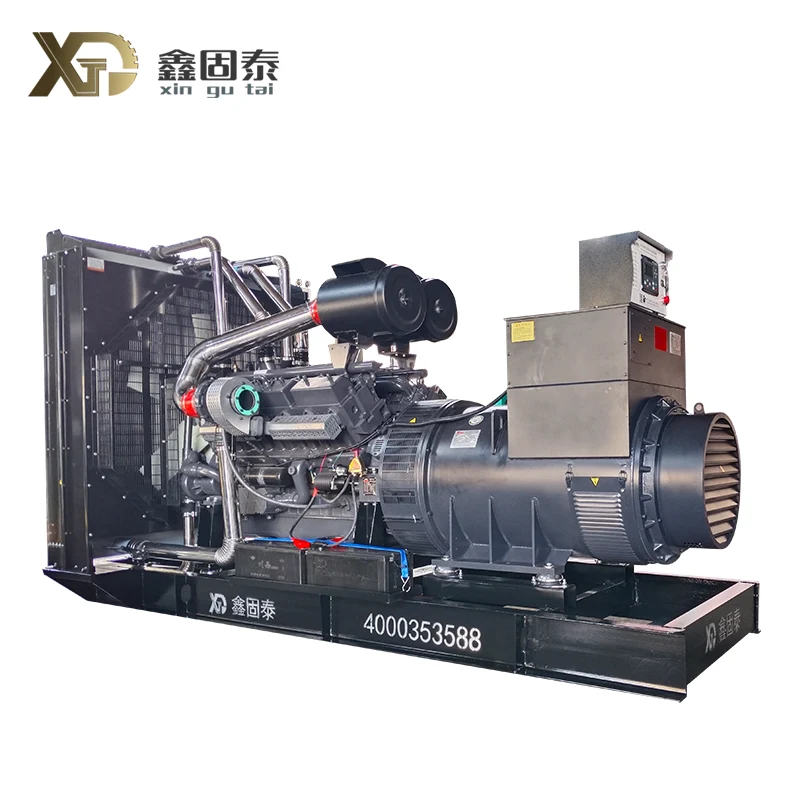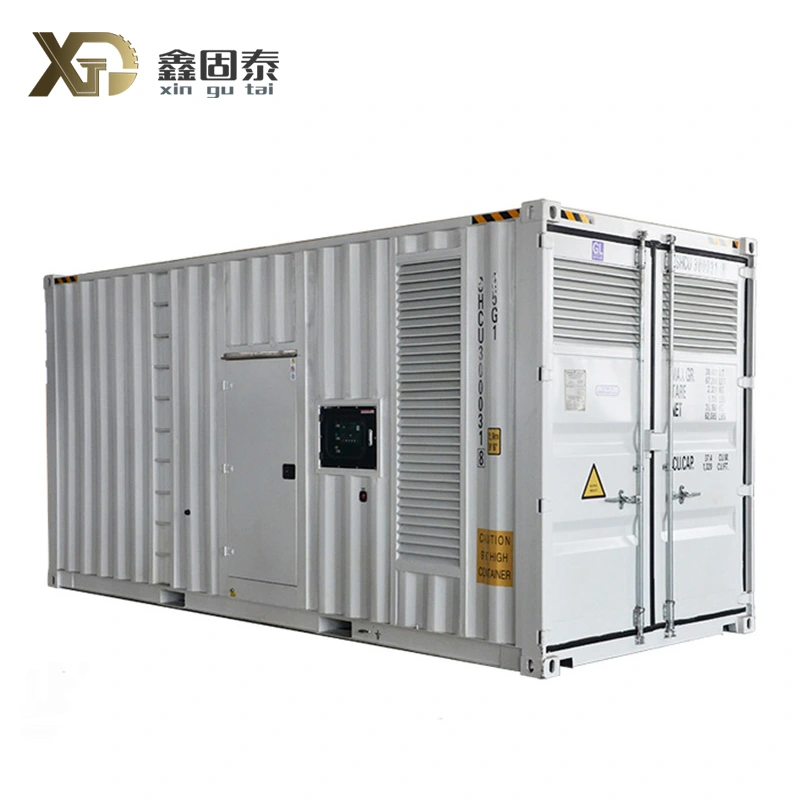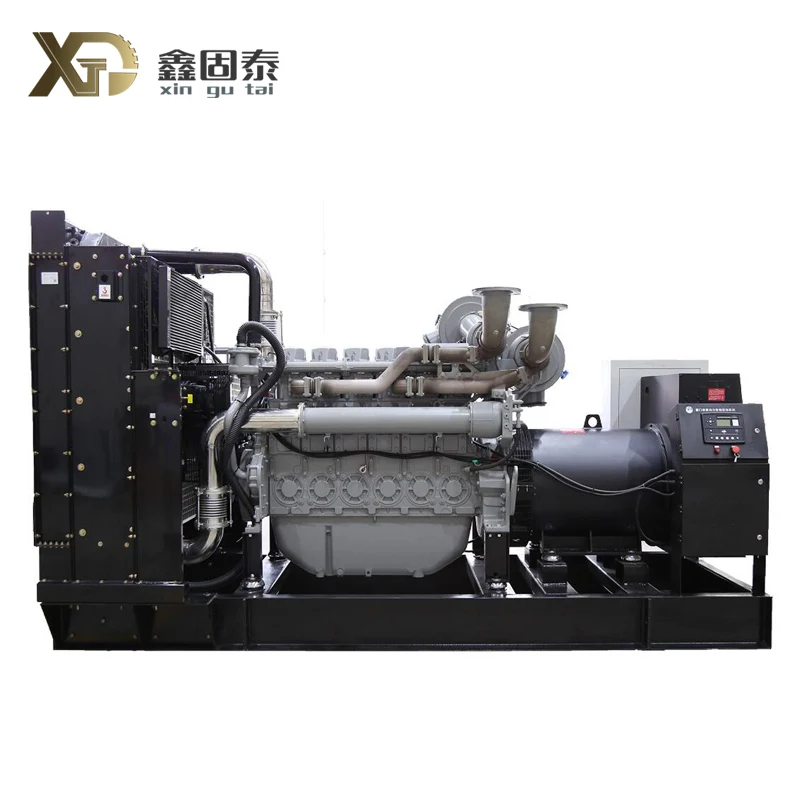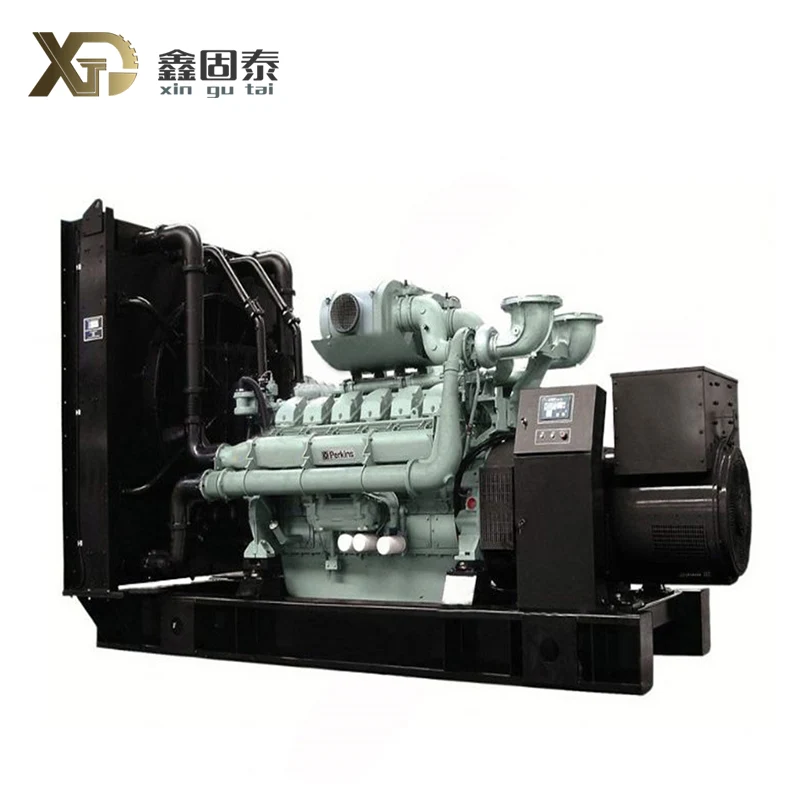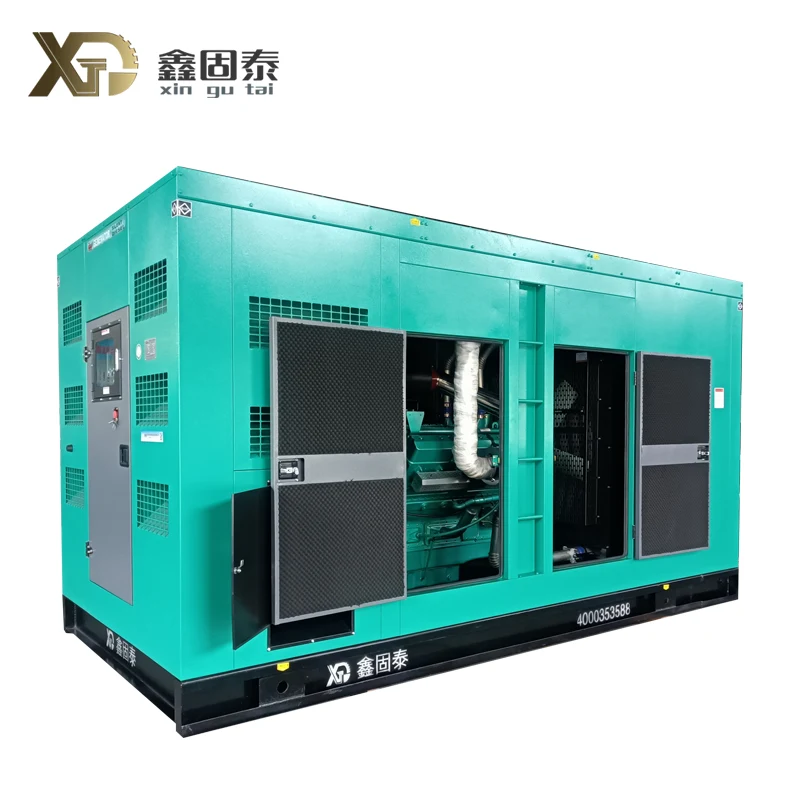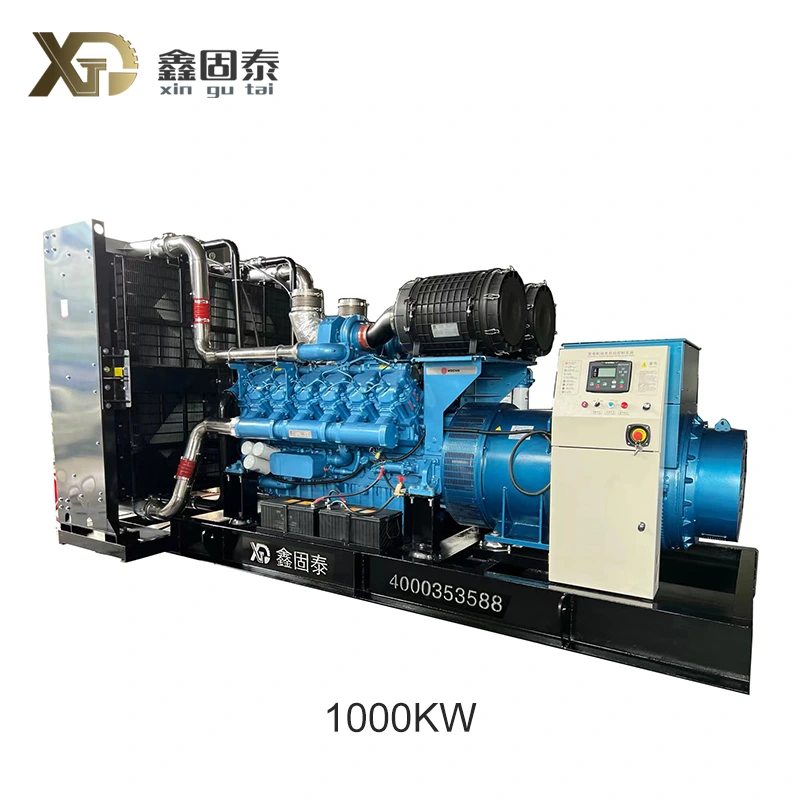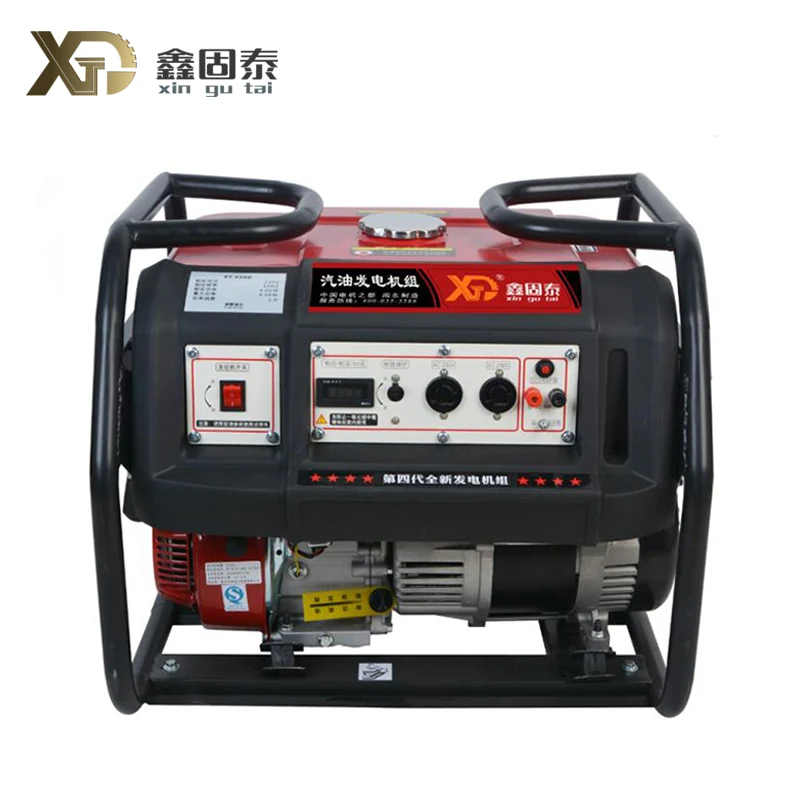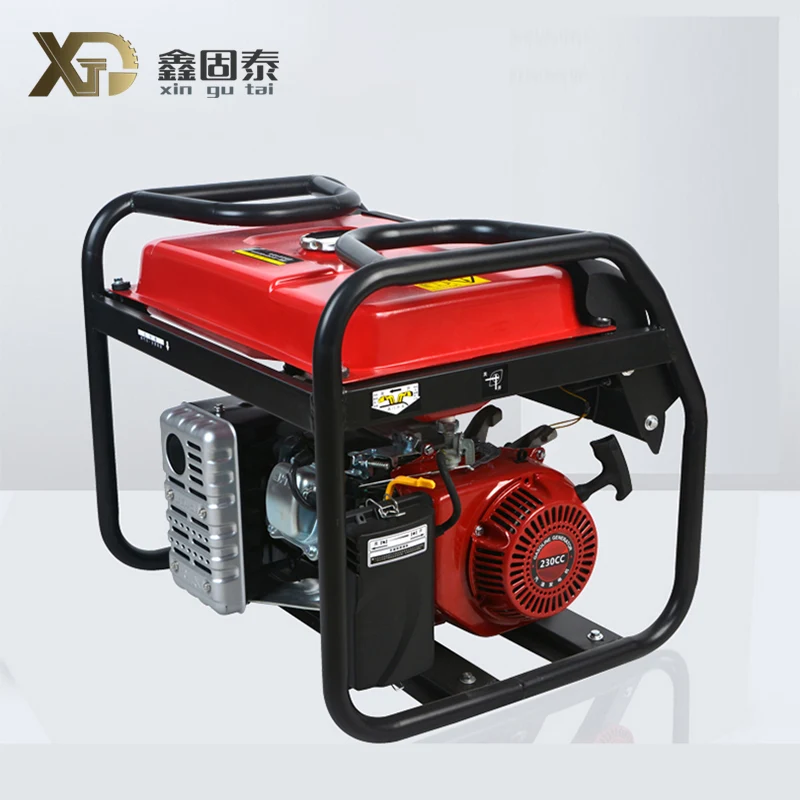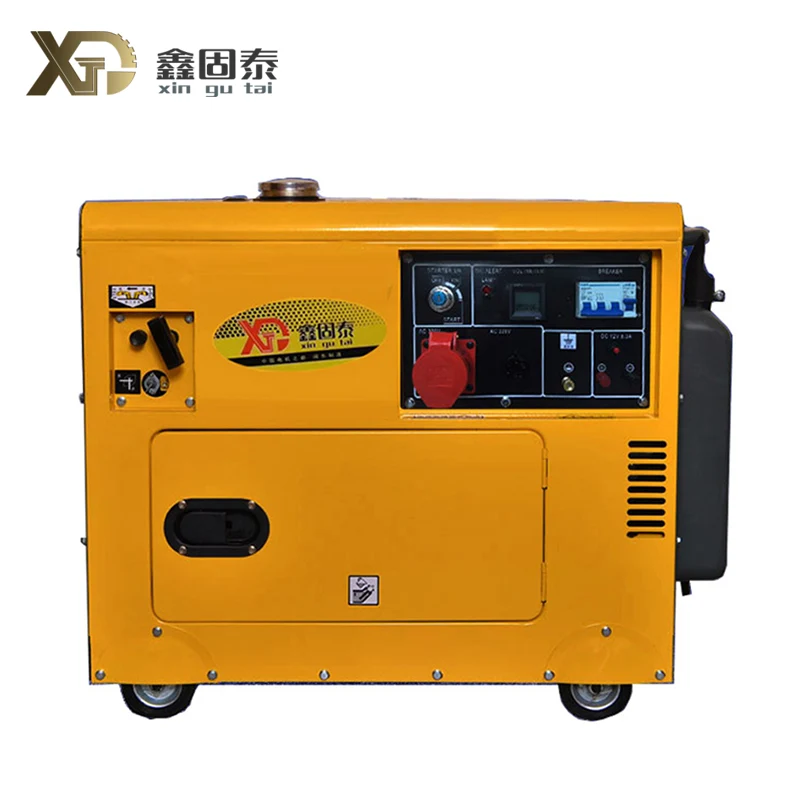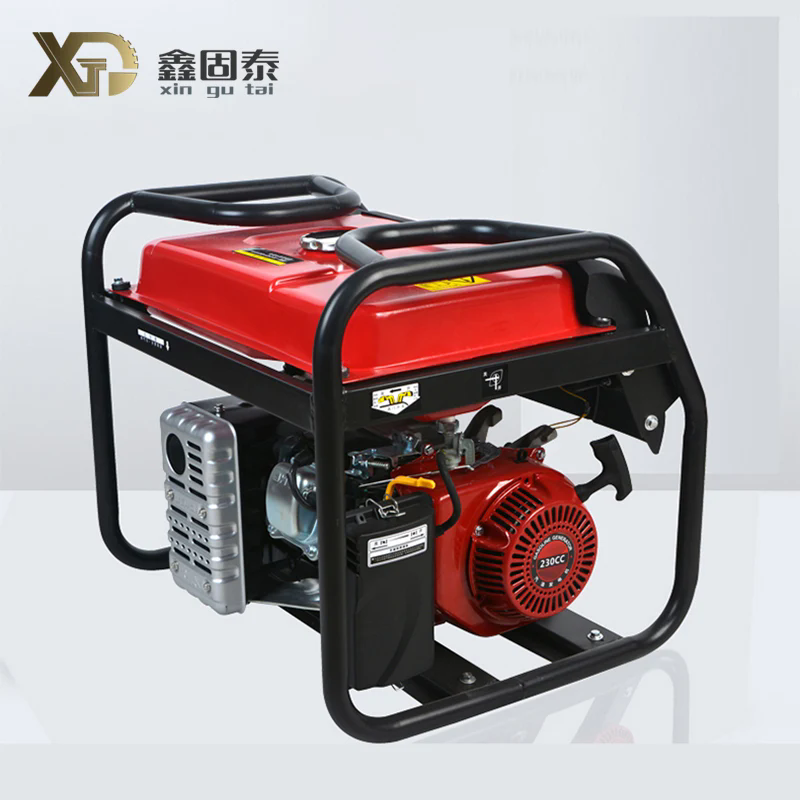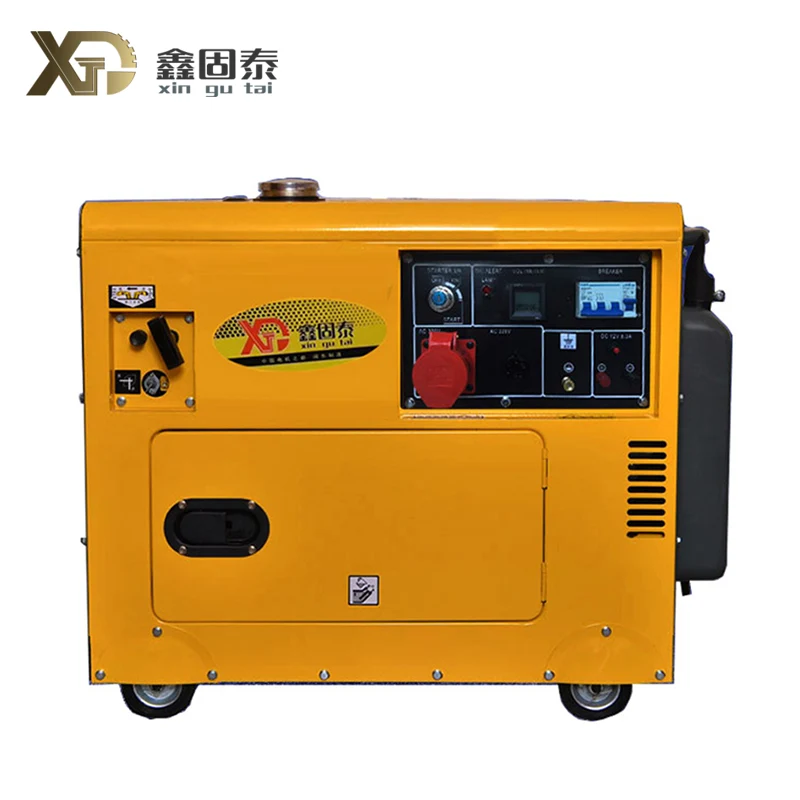Email Us
What Safety Precautions Should I Consider When Operating a Gasoline Generator?
Gasoline generators are incredibly useful for providing power during outages or in off-grid locations. However, improper use of these machines can pose serious safety risks, including fire hazards, carbon monoxide poisoning, and electrical shocks. By following key safety precautions, you can minimize these risks and operate your generator safely and efficiently.
1. Use the Generator Outdoors Only
One of the most critical safety rules is to always operate your gasoline generator outdoors, in a well-ventilated area. Generators emit carbon monoxide (CO), an odorless, colorless, and potentially lethal gas.
- Placement: Ensure the generator is positioned at least 20 feet away from doors, windows, and vents to prevent CO from entering enclosed spaces.
- Ventilation: Avoid placing the generator in garages, basements, or sheds, even with the doors open. Use carbon monoxide detectors in your home for added safety.
2. Read and Follow the Manufacturer’s Instructions
Before starting your generator, thoroughly read the owner’s manual. It contains specific guidelines for setup, operation, and maintenance that are tailored to your generator model.
- Understand the controls: Familiarize yourself with the on/off switches, fuel valves, and any emergency shutoff mechanisms.
- Oil and fuel requirements: Use the recommended oil and gasoline type, and adhere to maintenance schedules for optimal performance.

3. Avoid Overloading the Generator
Overloading your generator can cause it to overheat, damage connected devices, or even result in a fire.
- Check wattage: Before connecting devices, calculate their combined wattage and ensure it does not exceed the generator’s capacity.
- Use power strips wisely: Avoid plugging in multiple high-wattage devices simultaneously. Spread the load evenly if possible.
4. Handle Fuel Safely
Gasoline is highly flammable, and mishandling it can lead to fires or explosions. Follow these precautions when dealing with fuel:
- Refuel carefully: Turn off the generator and allow it to cool for at least 15 minutes before adding fuel. Never refuel a running or hot generator.
- Storage: Store gasoline in approved, labeled containers in a cool, ventilated space away from the generator, heat sources, or open flames.
- Avoid spills: Use a funnel to prevent spills and wipe away any gasoline from the generator before restarting it.
5. Use Proper Extension Cords
The cords you use to connect your devices to the generator play a crucial role in safety.
- Heavy-duty cords: Use outdoor-rated, heavy-duty extension cords with a sufficient gauge to handle the load.
- Inspect cords: Check cords for frayed wires, cracks, or damage before use. Replace damaged cords immediately.
- Direct plug-ins: When possible, plug appliances directly into the generator’s outlets instead of using extension cords.
6. Ground the Generator
Proper grounding reduces the risk of electrical shock. Many generators require grounding to comply with safety standards.
- Check the manual: Follow the grounding instructions in your generator’s manual.
- Grounding rod: If needed, use a grounding rod and connect it to the generator with a grounding wire.
7. Protect the Generator from Weather
Generators are not designed to operate in rain, snow, or wet conditions. Moisture can damage the generator and increase the risk of electric shock.
- Use a canopy: Place the generator under a ventilated canopy or tent to protect it from the elements.
- Avoid puddles: Ensure the generator is on a dry, level surface away from standing water.
8. Turn Off and Disconnect Properly
When you're finished using the generator, follow the proper shutdown procedures to avoid accidents.
- Disconnect devices: Turn off and unplug all connected devices before shutting down the generator.
- Cool down: Let the generator cool before covering or storing it.
- Store safely: Keep the generator in a secure, dry location when not in use.
9. Keep Children and Pets Away
Generators can be hot and noisy, which may attract curious children and pets. To prevent burns, injuries, or tampering:
- Designate a restricted zone: Keep a 3- to 5-foot perimeter around the generator as a no-go zone.
- Supervise usage: Always monitor the generator while it's running to ensure no one gets too close.
10. Maintain the Generator Regularly
Routine maintenance ensures the generator operates safely and efficiently.
- Oil changes: Change the oil according to the manufacturer’s recommendations.
- Inspect parts: Check spark plugs, air filters, and fuel lines for wear or damage and replace as needed.
- Test periodically: Run the generator occasionally, even during periods of non-use, to ensure it remains in working condition.
Conclusion
Gasoline generators are invaluable tools, but they must be used with care to avoid accidents. Always prioritize safety by following the manufacturer’s guidelines, maintaining proper ventilation, handling fuel cautiously, and staying vigilant about potential hazards. By taking these precautions, you can ensure reliable power while protecting yourself, your family, and your property.
Gutai Machinery is a leading China gasoline generator manufacturer. Gasoline generator is a mechanical device that converts chemical energy into electrical energy, mainly using gasoline as fuel. Its working principle is to convert the chemical energy of gasoline into mechanical energy through an internal combustion engine, and then drive the generator to generate electricity. Gasoline generator is usually composed of components such as stator, rotor, end cover and bearing. Visit our website at www.xgtgen.com to learn more about our products. For inquiries, you can reach us at xueliqin@qzgtjx.com.
- Characteristics of Yuchai generator set.
- Maintenance of 400KW diesel generator set.
- Advantages and functions of gasoline generator.
- Why Should You Choose a Low Noise Gasoline Generator for Reliable Power Supply?
- How Does a Small Gasoline Generator Provide Reliable Power Anywhere?
- How Does a Silent Diesel Generator Set Optimize Power Supply for Your Needs?
About Us
Contact Us
No. 55 Xingda Road, Huada Technology Entrepreneurship Park, Wan'an Street, Luojiang District, Quanzhou City
Copyright © 2024 Quanzhou Gutai Machinery Equipment Co., Ltd. All Rights Reserved.WEBSITE TECHNICAL SUPPORT: TIANYU NETWORK Jack Lin:+86-15559188336


